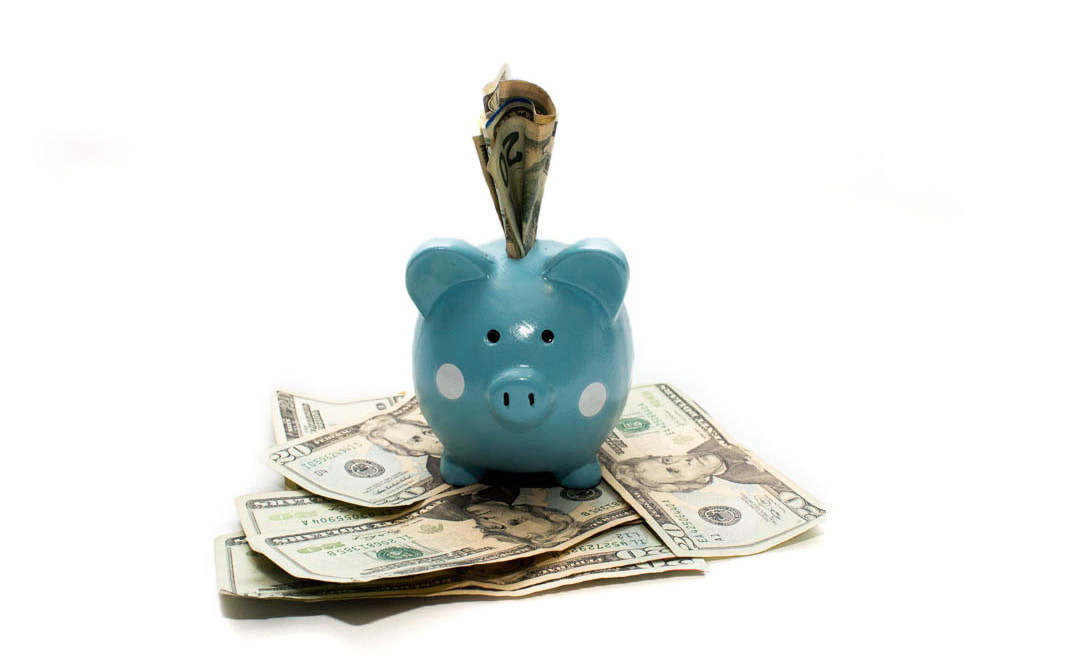|
This commentary was originally featured in the Dallas Morning News on January 6, 2018.
Texas' economic policies keep it near the top in economic freedom, but government barriers hinder more human flourishing. The Fraser Institute gleans these insights in its recently released annual Economic Freedom of North America report. Based on variables related to government spending, taxes and labor market freedom, Texas and Florida tied for second place, behind only New Hampshire, where fewer than 1.5 million people reside. Texas, with a population of roughly 28 million, has ranked in the top five for 11 straight years, and has its highest overall score since the report began. On the other end of the spectrum, New York ranked 50th and California 49th, as they have for three of the last five years. This matters because residents and businesses frequently vote with their feet in favor of economic freedom. Since the last national recession ended in 2009, population in the 10 most-free states has grown two-and-a-half times faster than it has in the 10 least-free states, and nearly three-and-a-half times faster in just the past three years. Employment and income, two key measures of economic prosperity, have also increased faster in the freer states. More than 230 scholarly articles by independent researchers have used Economic Freedom of North America report data to examine economic freedom at the state level, while more than 400 articles have done the same at the national level (using its companion report that ranks countries). Most of that literature finds that economically free areas tend to experience more broadly positive outcomes, including more economic prosperity. One reason is that high levels of spending, taxes and regulation make it harder for entrepreneurs to succeed. When businesses can't expand and hire new workers, everyone hurts. States with the fastest economic growth, like Texas and Florida, tend to have a common focus in their economic policies: low taxes (including low or no income taxes), a fiscally conservative approach to spending, and a common-sense approach to regulation that makes it easier for entrepreneurs to succeed. States that take the opposite approach, like New York and California, tend to experience much less economic prosperity and many more moving trucks leaving for greener pastures. While Texas is ranked near the top again, it should be noted that the report grades on a curve, so there's plenty of room for improvement. One step is to eliminate the burdensome gross receipts-style business margins tax. After multiple states eliminated such a tax because of the high compliance cost to businesses and its job-killing nature, only four other states (Delaware, Nevada, Ohio and Washington) still have it. This antiquated tax is a reason the Tax Foundation's State Business Tax Climate Indexranks Texas 49th on corporate taxes, better than only Delaware. While Texas benefits from no personal income tax, another step is to reduce the burden of property and sales taxes; the Tax Foundation ranks both 37th. Reducing that burden would allow working Texans to keep more of their hard-earned money rather than leaving exorbitant amounts in politicians' hands. In order to reduce the burden of taxation, of course, Texas must take the pivotal step in reining in excessive government spending. Allowing the budget to grow no faster than the population growth plus inflation, which has been done for a historic two straight legislative sessions, would make a big difference. A good start would be to eliminate wasteful spending on corporate welfare programs, like the Texas Enterprise Fund, that put small businesses and businesses already in Texas at a disadvantage to businesses elsewhere. We should follow Florida's example, as the state zeroed out funding for economic incentives to individual companies in their similar fund two years in a row. Taking the steps necessary to rank higher on the various measures of economic policies is a win-win for Texas (and all other states). Politicians can take the credit for improving the economy, and Texans can benefit from greater prosperity. https://www.texaspolicy.com/blog/detail/texas-ranks-near-the-top-again-for-economic-freedom
0 Comments
Leave a Reply. |
Vance Ginn, Ph.D.
|


 RSS Feed
RSS Feed